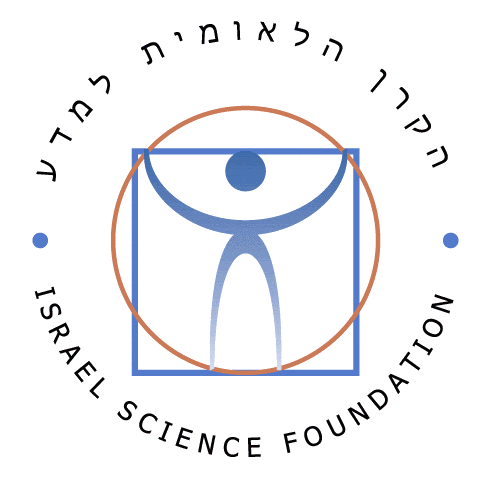
Welcome to the Berman Lab at Tel Aviv University
How do organisms respond to their environments? This question drives our work. Our studies focus on Candida albicans and Candida glabrata, two major fungal pathogens that cause superficial as well as invasive infections, which cause more than 400,000 deaths per year. We work to understand drug response mechanisms caused by genetic mutations, genomic copy number changes as well as other processes, some of which affect genetically identical cells differently.
We take an interdisciplinary approach using genetics, genomics and cell biology, combined with chemistry, bioinformatics, and computational biology. We are working to elucidate processes such as morphogenesis, chromosome stability, chromatin-mediated silencing, gene essentiality, as well as drug resistance. Our most recent studies address the role of drug tolerance, the ability of some cells to grow slowly in the presence of a drug that inhibits other cells in the same population. We are interested in how drug responses differ between cells in a single population, and how adaptive responses differ due to natural genetic variation between yeast isolates.

CC-BY Ingham CJ, et al., 2012
Latest News:
May 22, 2024
Congratulations to Judy and the collaborators on their Nature paper that reports the proteome for >600 natural yeast isolates compared to their genomes and transcriptomes antd highlights how natural yeast isolates carrying one or more extra chromosomes (aneuploidy) moderate the effect of extra proteins better than engineered aneuploids.
Read a Nature "News and Views" by Zusana Storchova that summarizes the study here.
February 22, 2024
Congratulations to Nora and Alona, who successfully defended their MSc theses!
November 2023
Welcome to Sofya Rabinovich, a new PhD student who joined the lab in early November.








